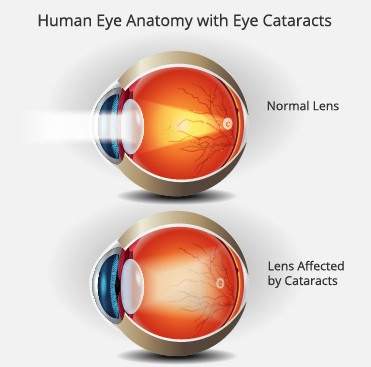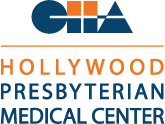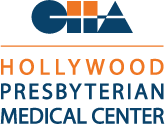CATARACT & REFRACTIVE SURGERY

What is a Cataract?
A cataract is the clouding of the normally clear lens of the eye, which prevents light entering the eye from being focused properly on the retina. Cataracts are a normal part of the aging process and can begin to affect the clarity of vision as early as age 50. In fact, most people will develop cataracts later in life.
Early changes may not disturb vision, but over time, cataracts will result in blurred, fuzzy, or cloudy vision, difficulty reading, and difficulty driving at night due to sensitivity to light and glare. People with advanced cataracts often say they feel as if they’re looking through a waterfall or a piece of wax paper.
Cataract Signs/Symptoms
- Painless blurring of vision
- Light sensitivity
- Glare and haloes
- Frequent changes to eyeglass prescription
Cataract Treatment
There are two major categories of lens implants: standard and premium. Standard lens implants only correct vision for distance. Patients will require reading glasses to see things up close following implantation of standard lens implants. Premium lens implants correct vision for near, intermediate, and distance vision. Premium lenses can also correct for astigmatism. Therefore, patients generally do not have to wear eyeglasses for most activities following implantation of premium lens implants. It is important to note, however, that given the variability of the healing process from one person to the next, some individuals do require some form of spectacle correction even after premium lens implantation.


What is Refractive Surgery?
If you have a refractive error, such as nearsightedness (myopia), farsightedness (hyperopia), astigmatism or presbyopia, refractive surgery is a method for correcting or improving your vision. There are various surgical procedures for correcting or adjusting your eye's focusing ability by reshaping the cornea, or clear, round dome at the front of your eye. Other procedures involve implanting a lens inside your eye. The most widely performed type of refractive surgery is LASIK (laser-assisted in situ keratomileusis), where a laser is used to reshape the cornea.
Refractive surgery might be a good option for you if you:- Want to decrease your dependence on glasses or contact lenses;
- Are free of eye disease;
- Accept the inherent risks and potential side effects of the procedure;
- Understand that you could still need glasses or contacts after the procedure to achieve your best vision;
- Have an appropriate refractive error
There is no universally-accepted, best method for correcting refractive errors. The best option for you should be decided after a thorough examination and discussion with your ophthalmologist. If you are considering refractive surgery, you and your ophthalmologist can discuss your lifestyle and vision needs to determine the most appropriate procedure for you.
Flexible Financing Can Help You See Clearer, Sooner
CareCredit is a healthcare credit card designed for the health and wellness needs of your entire family. CareCredit can be used to pay for out-of-pocket expenses not covered by medical insurance, such as laser vision correction or premium cataract lens replacement, with flexible financing options to fit your budget.
CareCredit offers special financing on purchases of $200 or more* for healthcare procedures not commonly covered by insurance. Whether you're considering LASIK, need cataract surgery, or it's time for new glasses or contacts, CareCredit can help you see clearer, sooner.
Subject to credit approval. Minimum monthly payments required. Visit www.carecredit.com for more information.
 ENGLISH
ENGLISH  РУССКИЙ
РУССКИЙ 


